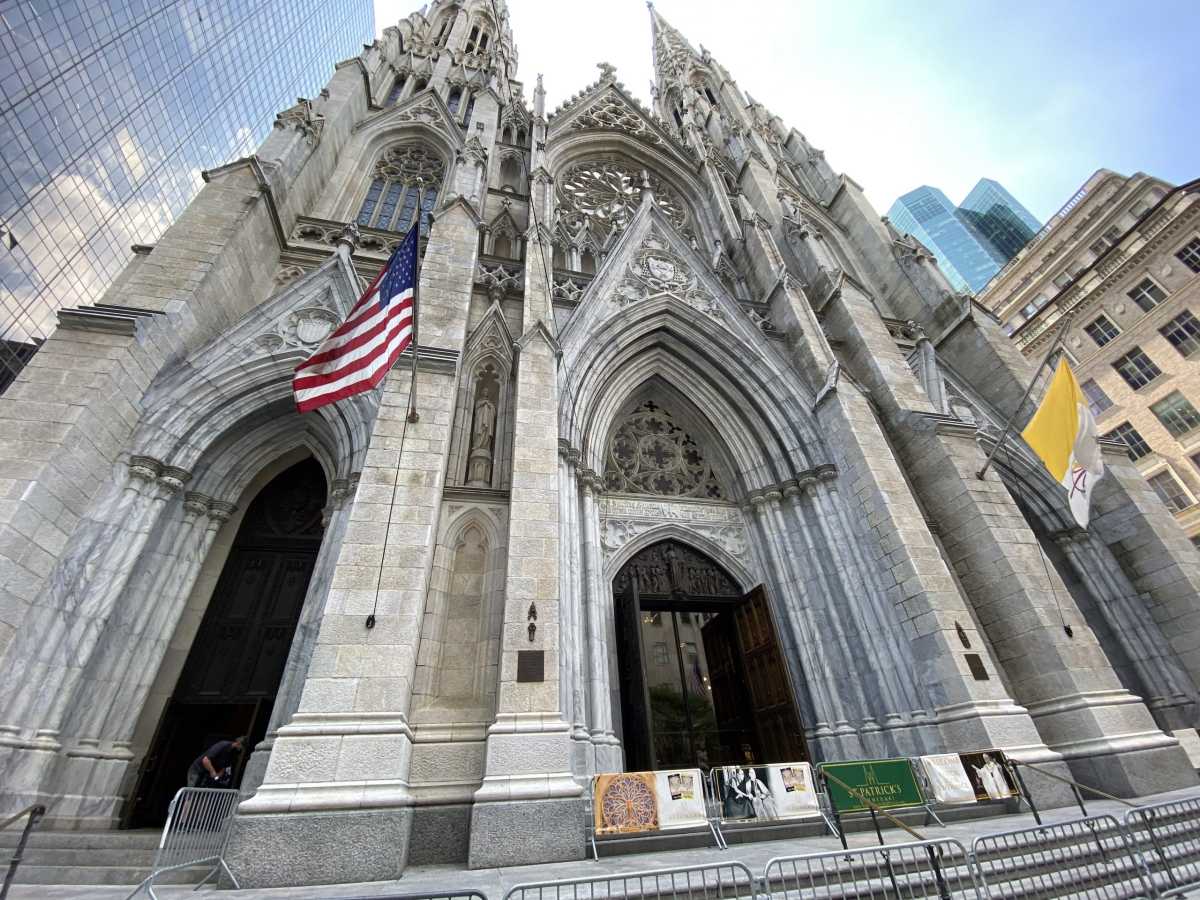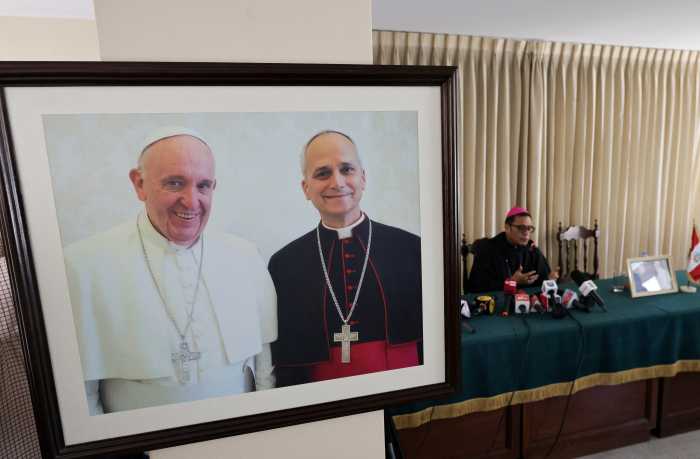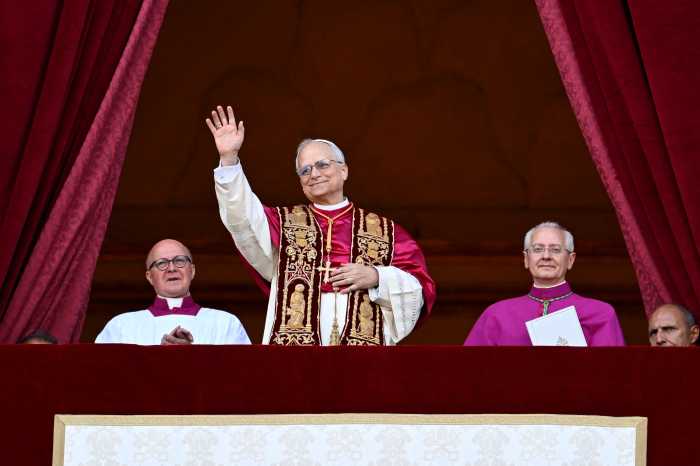More Americans are moving away from organized religion — and it’s often due to anti-LGBTQ teachings, according to a new survey published by the Public Religion Research Institute.
The report, which featured responses from more than 5,000 Americans from around the US, found that the share of individuals who consider themselves to be religiously unaffiliated has increased by 5% since 2013 to 26% in 2023, which now represents more than a quarter of the country’s population. Relatedly, the percentage of atheists has climbed from 2% to 4% since 2013 and agnostics have seen even more growth in that same period, jumping from 2% to 5% of the population. Those who identify as believing in “nothing in particular” sits at 17%, which is nearly unchanged from 16% one decade ago.
In a sign of the waning role of faith in American society, just 53% of Americans surveyed said religion is the most important or one of the most important things in their lives — a major shift from 2013 when 72% of Americans answered that way. Church attendance is also down, with 24% of Americans attending religious services at least once a week in 2023 vs. 31% in 2013. On the other hand, the share of Americans who do not attend church climbed from 43% to 54% in the last decade.
Still, 67% of Americans identify as Christian, according to the survey, though the share of white Christians dipped and the proportion of people of color who identify as Christians remained relatively stable over the last decade.
And while many religious groups are struggling with retention, the Catholic Church is facing perhaps the greatest challenge. According to the survey, Catholics are losing more people than they are gaining.
Notably, 67% of religiously unaffiliated Americans do not identify with their childhood religion because they simply do not believe in the teachings. But many of these changes, respondents said, are also driven by teachings about the LGBTQ community. Nearly half — 47% — of religiously unaffiliated Americans say anti-LGBTQ teachings are an important reason why they no longer identify with their childhood religion, while 60% of religiously unaffiliated people under the age of 30 left due to anti-LGBTQ teachings. As for LGBTQ people who are religiously unaffiliated, 73% no longer identify with their childhood religion due to anti-LGBTQ teachings, according to the survey.
Furthermore, a significant share of religiously unaffiliated Americans are LGBTQ individuals. According to the survey, LGBTQ people make up 19% of that population, which includes 23% who are athiests, 19% who are nothing in particular, and 16% who are agnostics.
The survey notes that in 2016, roughly 30% of people who left their religion pointed to negative teachings or treatment of gay and lesbian people as a key reason why they disaffiliated. By 2023, however, that number jumped up to 47%.
Clergy sexual abuse scandals have also turned people away from religion. The percentage of religiously unaffiliated Americans who removed themselves from their religion due to those scandals climbed from 19% in 2016 to 31% in 2023 — especially among those who were raised Catholic.



































